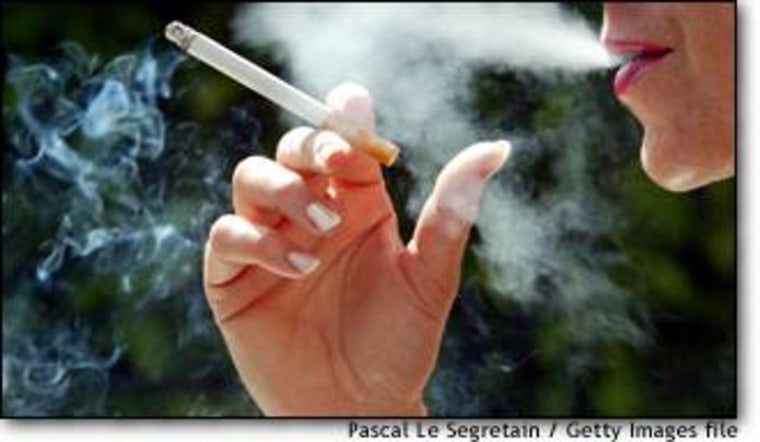Research shows that heredity has a large influence on how our skin ages. How we live is also a major player, affecting our skin’s appearance and our risk of skin cancer.
Presentations at the most recent American Institute for Cancer Research conference noted that ultraviolet radiation initiates the development of skin cancer by damaging our cells’ DNA. The inflammation promotes cancer growth and other cell changes. This sun-related damage also leads to “age spots” and wrinkling.
That’s why sunscreen is such a potent weapon against skin damage. Unfortunately, most of us either completely ignore the need for it or apply too little. Many of us save sunscreen for when we will have “significant” sun exposure. But even brief periods of exposure each day can create damage that accumulates. Wearing a daily moisturizer with a Sun Protective Factor (SPF) of at least 15 is recommended.
The National Cancer Institute NCI emphasizes, however, that a sunscreen cannot substitute for avoiding sun exposure. NCI and the American Academy of Dermatology advocate staying out of the midday sun whenever possible. Sunglasses, brimmed hats and other protective clothing are strongly recommended.
It’s not only sunlight that damages skin. Regardless of the advertising claims, no UVA or UVB tanning device is safe. The only safe tan comes from self-tanning lotions.
Damage from free radicals
Smoking is another source of damage. It seems to increase skin wrinkling and sagging by reducing blood flow to the skin and breaking down elastin fibers.
Antioxidants are currently considered to be potent skin protectors. Normal body processes produce free radicals, highly reactive molecules that damage the DNA of our cells.
Ultraviolet light, smoking, alcohol and pollution increase free radical formation. Researchers say damage from free radicals leads to skin wrinkling, redness, brown “age spots” and increased risk of skin cancer. Antioxidants neutralize free radicals and even repair some of the damage done.
For now, scientists aren’t sure whether antioxidants are best applied in lotions or creams or consumed in foods or supplements. Dermatologists note that some lotions contain ineffective amounts or forms of antioxidants that are not well absorbed by the skin.
A healthy diet may help
A healthy diet, on the other hand, supplies thousands of antioxidants, including vitamins C and E, beta-carotene and other carotenoids, and a variety of natural phytochemicals. We know that the mostly plant-based diets recommended by AICR raise blood levels of antioxidants and lower overall cancer risk.
A healthy diet may help in other ways. Several presentations at AICR’s latest research conference focused on how blocking inflammation might reduce skin damage and skin cancer. Several phytochemicals in herbs, spices and soy foods have anti-inflammatory effects. So do omega-3 fats, found in fish like salmon, mackerel, white (albacore) tuna and herring, as well as in flaxseeds, walnuts and canola and soybean oils.
Animal studies also show that restricting calorie consumption reduces skin cancer development, apparently through its effects on hormones. A healthy lifestyle with regular exercise may improve skin health by improving blood flow to the skin, increasing the delivery of oxygen and nutrients to the cells.
Although more research is needed, a good strategy for the present includes minimizing sun exposure, ending tobacco use and eating a balanced plant-based diet.
